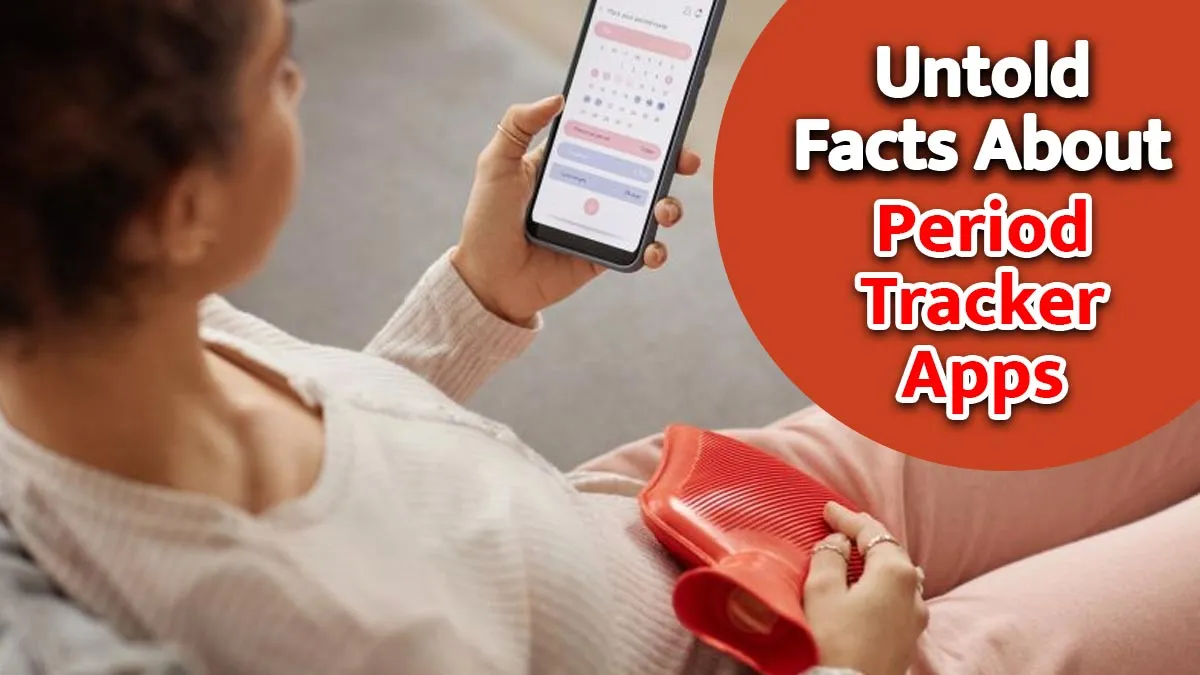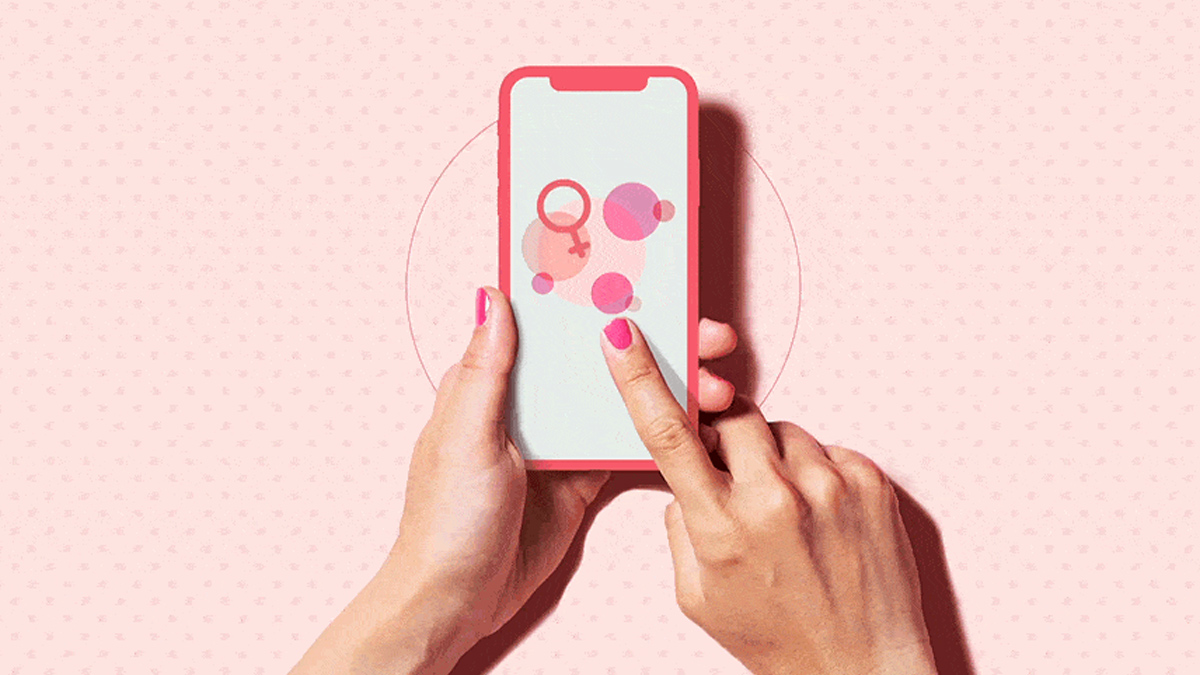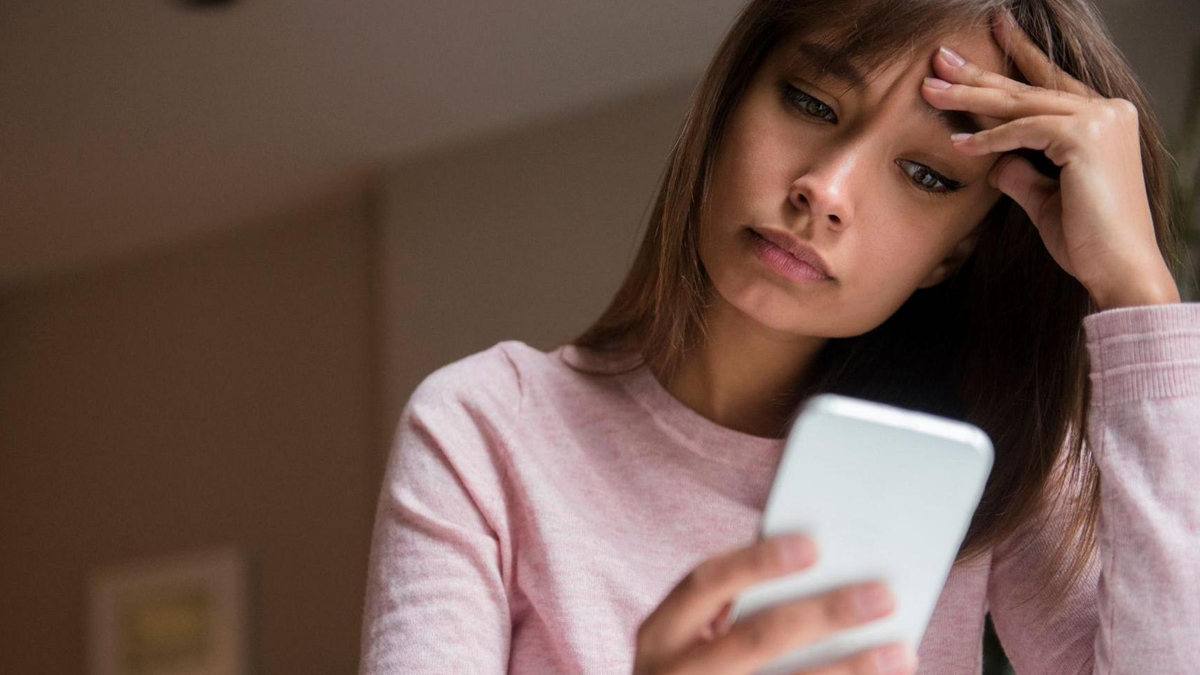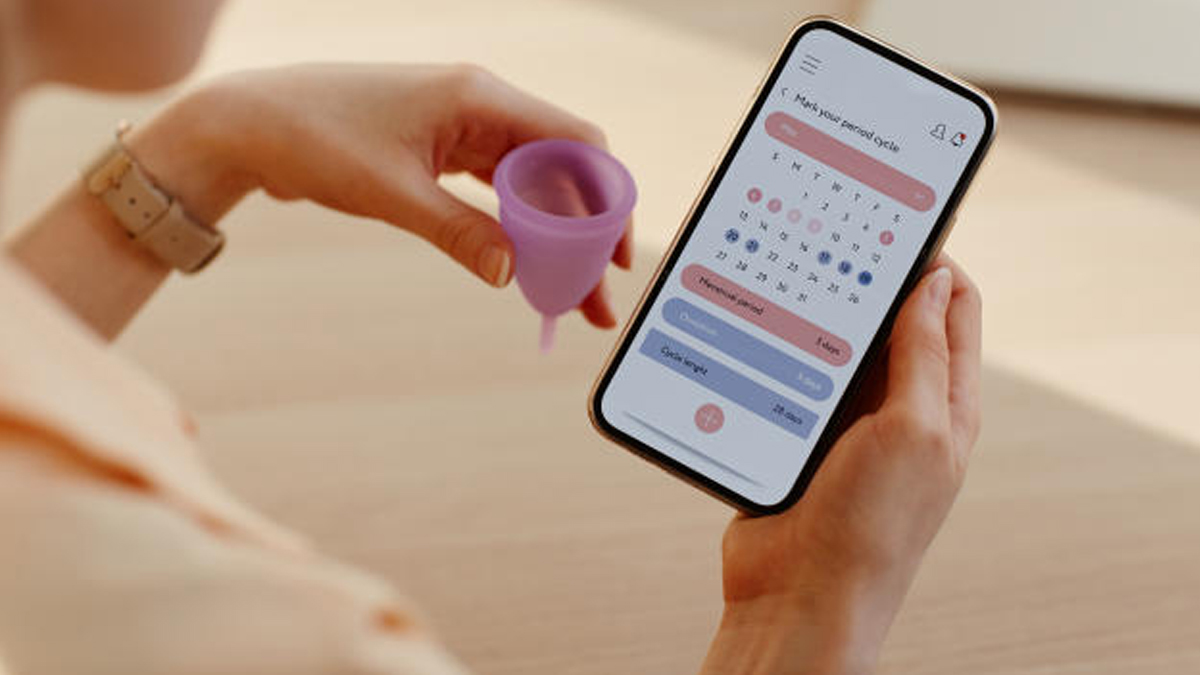
Many women use period tracker apps to keep track of their menstrual cycles. These apps can feel like a helpful friend, reminding you when your period is due or when you might be most fertile. But sometimes, your period comes earlier or later than the app says. This can leave you feeling confused or even frustrated. If you’ve ever wondered why your period tracker isn’t always right, you’re not alone.
Table of Content:-
Are Period Trackers Always Correct?
View this post on Instagram
Dr Saloni Patil, Consultant, Dr Patil’s IVF and Fertility Clinic, Mumbai, explains, “Think your period app knows your body? Here are three things to know if you're using them. Number one, it tracks averages and not cycles. Most apps are built on the 28-day cycle model. But most bodies don't follow that textbook script. Diseases like PCOS, stress, illnesses, even travel, anything can throw your cycle from the regular. And if you have irregular cycles, that app is literally guessing.”
Most period apps use a simple formula. They expect everyone to have a 28-day cycle. But in real life, only a small number of women have cycles that are exactly 28 days. Many women have cycles that are shorter, longer, or change from month to month. Things like stress, sickness, or travel can also change your period. If your cycles are not regular, the app is just making a guess.
ALSO READ: Is Wearing Push-up Bras All The Time Bad For Your Breasts? Expert Suggests
Can Period Tracker Apps Predict Ovulation?![period trackers are accurate 3 - 2025-06-20T141250.696]()
Dr Patil continues, “Number two, ovulation prediction. So not accurate. Apps cannot confirm ovulation, they literally only predict it. Unless you're tracking all your hormones, basal body temperature, or getting serial ultrasounds, that fertile window is extremely misleading, especially if you're planning your pregnancy or even avoiding it.”
Most apps try to guess when you will ovulate, but they can’t know for sure. They use your past cycles to make a prediction. But unless you track your body temperature, hormone levels, or get special scans, the app’s guess could be wrong. If you are trying to get pregnant or not get pregnant, this can be a big problem.
What Happens to Your Data?![untold facts of period tracker 2 - 2025-06-20T141252.597]()
Dr Patil also warns, “Number three, your data might not be correct. Some period apps collect more than just your cycle information, and then they can share it or even sell it to third parties. So next time, before you lock any symptoms, read those tiny letters at the end, the privacy policy. We don't want any black mirror moment happening here, right?”
Some period tracker apps collect a lot of personal information. They might share or sell your data to other companies. Always read the privacy policy before you use an app or enter private details. Choose apps that are clear about how they use your data and let you delete your information if you want.
What Does Research Say?
A study in Women's Health found that more than half of women said their period started earlier or later than their app predicted. This made many women feel stressed or unprepared. The study suggests that period tracker apps should be more honest about how accurate they are, especially for predicting periods and ovulation.
Should You Stop Using Your Period Tracker?![Misled by Your Period Tracker 1 - 2025-06-20T141256.503]()
Dr Patil says, “Don't just delete the app already. You can totally continue using your period tracking calendar, but remember to always listen to your body as well. And when in doubt, you can always ask your doctor.” Period tracker apps can still be useful. They help you spot patterns and remember symptoms. But remember, they are just tools. They are not always right. Always pay attention to your own body and talk to a doctor if you are worried about your cycle.
ALSO READ: Can Having Sex Cause a Urinary Tract Infection (UTI)? What You Should Know to Stay Healthy
Conclusion
Period tracker apps are popular, but they are not perfect. Use them as a guide, not as a rulebook. Protect your privacy, listen to your body, and ask a doctor if you have questions. This way, you can take better care of your health and feel more in control.
How we keep this article up to date:
We work with experts and keep a close eye on the latest in health and wellness. Whenever there is a new research or helpful information, we update our articles with accurate and useful advice.
Current Version


